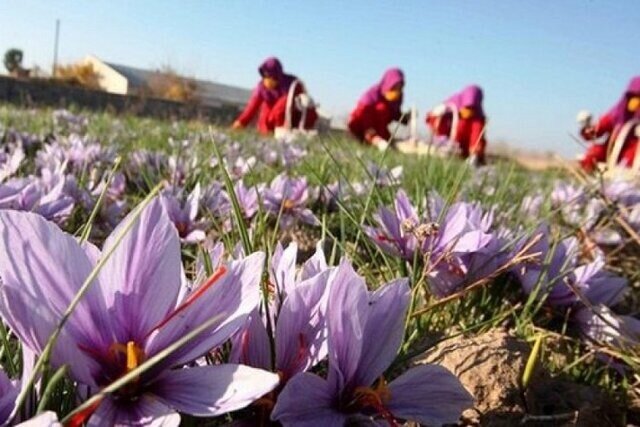Agritourism expected to aid rural development in northeastern Iran

TEHRAN- Agritourism could be a means of achieving sustainable rural development in the northeastern Khorasan Razavi province, the provincial tourism chief has said.
Farmers can take the advantage of agritourism to achieve sustainable development and economic prosperity based on the changing climatic characteristics of the province which enjoys desert conditions, mountainous terrain, and forests, Seyyed Javad Musavi announced on Thursday.
“Developing this branch of tourism could eventually lead to the economic growth in rural areas,” the official said.
As the flow of tourists into villages is strengthened, businesses would further thrive and, consequently, the villagers are kept in their communities and prevented from moving to cities, he added.
To facilitate tourists' accommodation in rural areas, some 130 eco-lodges have been constructed so far in these areas, he mentioned.
Agritourism is a relatively new branch of the travel industry in which tourists stay with local people in rural areas. Farm/ranch recreation refers to activities conducted on private agricultural lands, which might include fee-hunting and fishing, overnight stays, educational activities, etc.
Experts believe that in addition to the customer services jobs, agritourism pays special attention to the production sector, saying agricultural tourism is much more important and practical than other branches of tourism because it creates a new chain and diversity in the field of production and services.
Agritourism and nature-tourism enterprises might include outdoor recreation (fishing, hunting, wildlife study, horseback riding), educational experiences (cannery tours, cooking classes, or tea or coffee tasting), entertainment (harvest festivals or barn dances), hospitality services (farm stays, guided tours, or outfitter services), and on-farm direct sales (u-pick operations or roadside stands).
Agritourism is a subset of a larger industry called rural tourism that includes resorts, off-site farmers' markets, non-profit agricultural tours, and other leisure and hospitality businesses that attract visitors to the countryside.
Khorasan Razavi’s provincial capital of Mashhad attracts hundreds of pilgrims each day from various Iranian cities, neighboring countries, and even across the globe; the raison d’être is the striking massive shrine complex of Imam Reza (AS), the eighth Shia Imam.
Dozens of five-star hotels and hostels are dotted across Mashhad. The city has also the highest concentration of water parks in the country, and it also embraces a variety of cultural and historical sites that are generally crowded. The metropolis is also a good place to buy top handwoven rugs and carpets, and it’s a staging post for travel to Turkmenistan, Afghanistan, and little-touristic Khorasan regions.
ABU/AFM
Leave a Comment